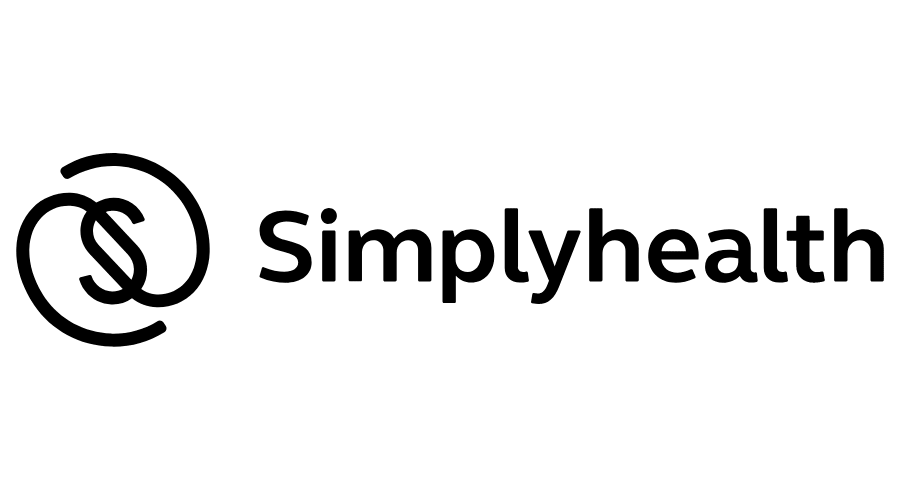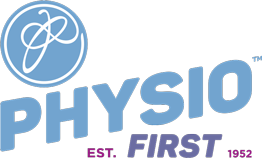Shockwave Therapy
Back to services
How it works
The precise mechanism is not fully understood, but it is believed to work in several ways:
- Increases blood flow: The mechanical waves create a mild inflammatory response, increasing circulation and metabolism in the treated area to accelerate the body's natural healing processes.
- Stimulates tissue repair: The shockwaves prompt cell regeneration, helping to heal damaged tissues, such as tendons and ligaments.
- Breaks down calcifications: The energy from the shockwaves can help to break up and disperse calcium deposits that can form in tendons, most commonly in the shoulder.
- Reduces pain: The therapy can overstimulate nerves, which can lead to a reduction in pain and sensitivity.
Common uses
ESWT is often used to treat chronic pain and conditions, including:
- Heel pain: Plantar fasciitis
- Achilles tendinopathy: Pain in the Achilles tendon
- Shoulder pain: Calcific tendinitis
- Elbow pain: Tennis and golfer's elbow
- Knee pain: Patellar tendinopathy (jumper's knee)
- Hip pain: Greater trochanteric pain syndrome
It is also used for other conditions, such as shin splints, stress fractures, and erectile dysfunction.
What to expect during treatment
- Procedure: A therapist applies gel to the treatment area and uses a handheld probe to deliver the pulses. The treatment is typically quick, lasting 5 to 10 minutes.
- Sensation: You may feel a tapping or pulsating sensation. While it can be uncomfortable, the intensity can be adjusted to a tolerable level.
- Duration: A course of treatment usually consists of three to five sessions, spaced about a week apart.
Side effects
ESWT is considered safe, with minimal and temporary side effects. These may include:
- Mild discomfort or soreness during and immediately after the procedure
- Temporary redness, bruising, or swelling in the treated area
- Tingling or numbness
- In rare cases, a worsening of symptoms or tendon/ligament rupture
It is recommended to avoid strenuous, high-impact activities for 48 hours after a session and to avoid anti-inflammatory medication, as it can interfere with the healing process.
When to avoid shockwave therapy
Shockwave therapy is not suitable for everyone. It should be avoided in the following cases:
- Pregnancy: If you are pregnant or trying to conceive.
- Blood disorders: If you have a blood-clotting disorder or are taking anticoagulant medication.
- Infections and cancer: If there is an infection, tumor, or open wound at the treatment site.
- Recent steroid injections: Avoid treatment in an area that has received a steroid injection within the last 12 weeks.
- Pacemakers: If you have a cardiac pacemaker or other heart device.
- Other conditions: If you are under 18 or have unstable epilepsy, a complete tendon rupture, or increased skin sensitivity.
For more information on the conditions we treat and services we offer, or to book an appointment please call
020 8847 1887 or email us at reception@ealingphysio.co.uk







